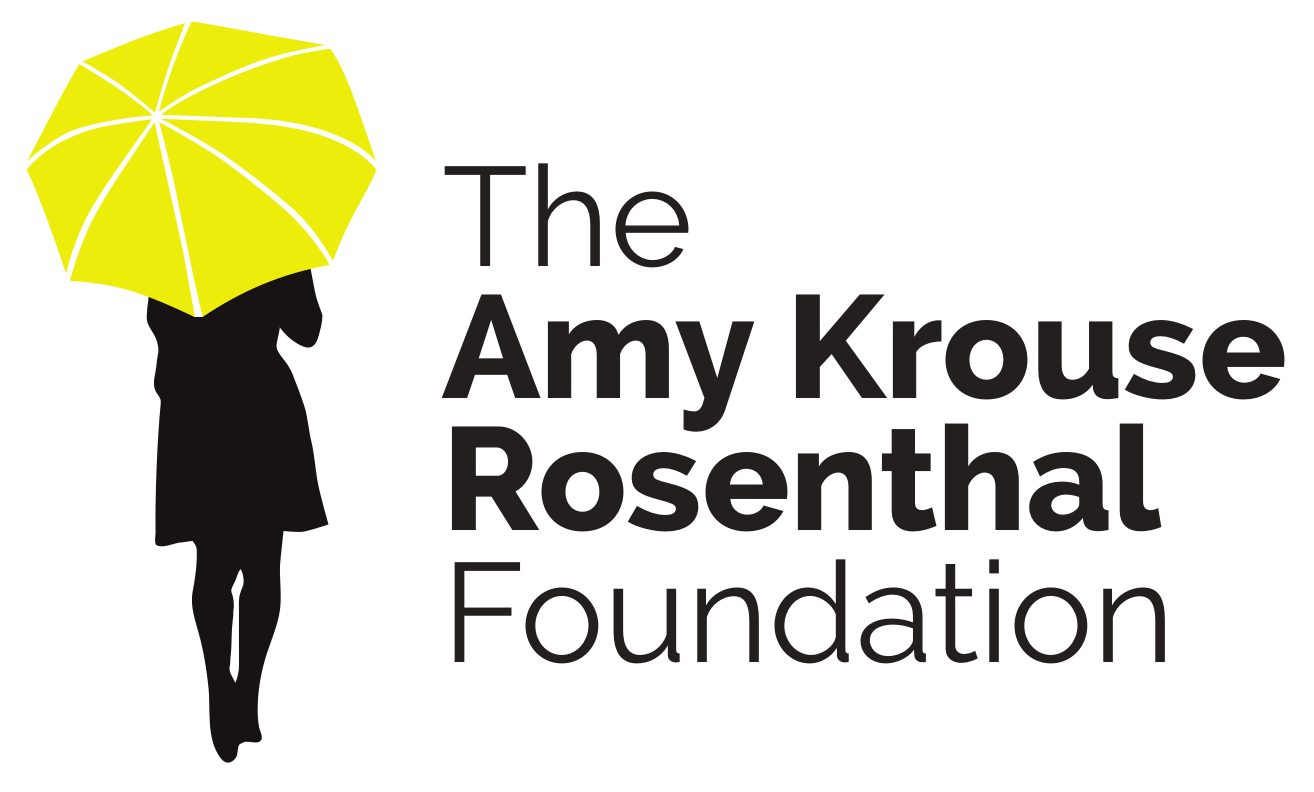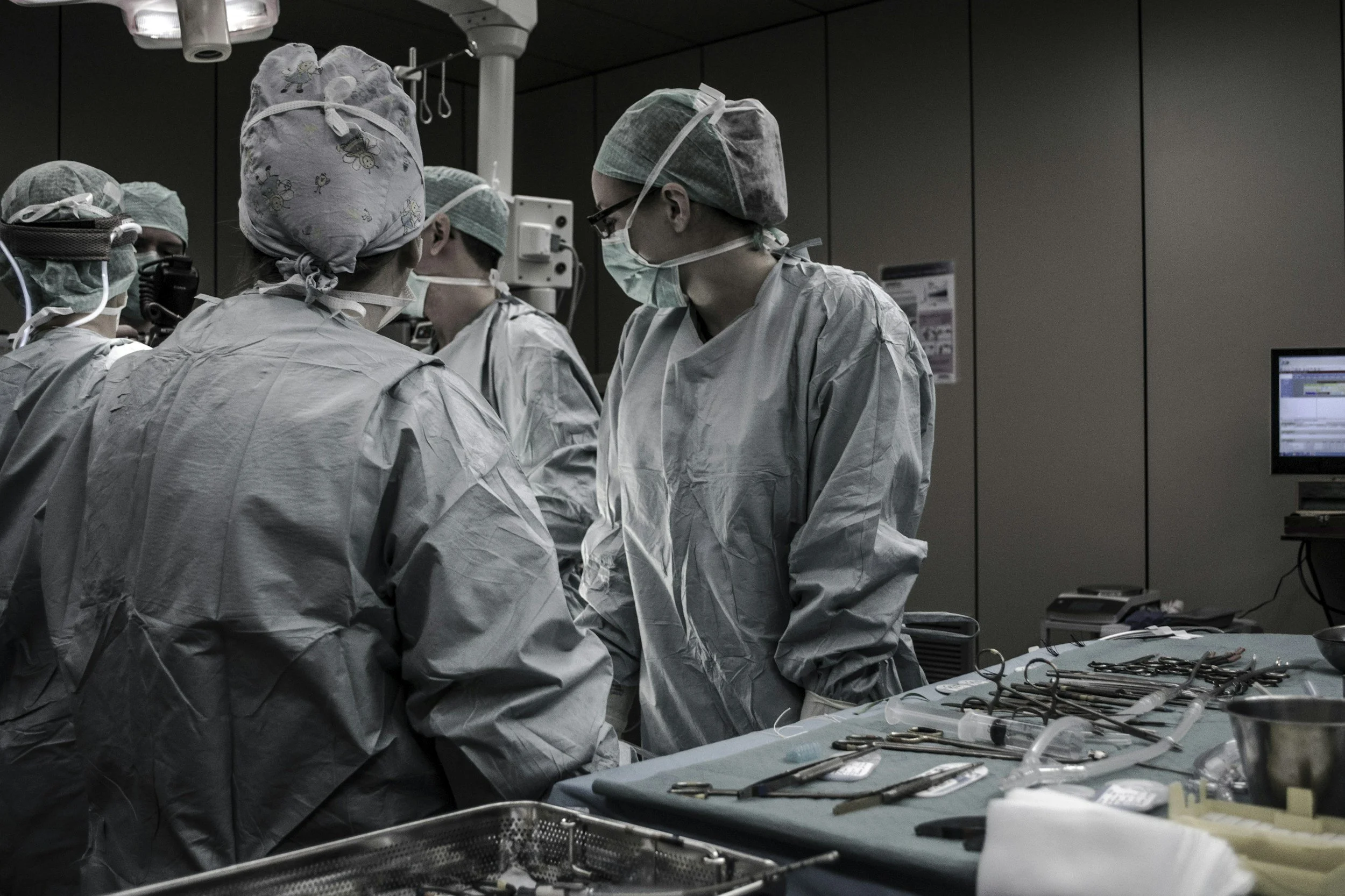OVARIAN
CANCER
RESEARCH
Your support raises awareness, advances early detection research, and empowers women to recognize ovarian cancer sooner — CHANGING AND SAVING LIVES.
🏥 Why Early Detection Matters
Ovarian cancer is highly treatable when caught early — yet that critical window is often missed.
Although ovarian cancer is only the 11th most common cancer in women, it is the 5th leading cause of cancer-related deaths. Most cases are diagnosed too late because early symptoms often mimic harmless conditions.
“If ovarian cancer is found (and treated) before it has spread outside the ovary, the 5-year relative survival rate is 92%. Yet only 15% of cases are detected at this early stage.” — American Cancer Society
There is currently no reliable, non-invasive screening test, and a Pap smear does not detect ovarian cancer. That’s why we are focused on supporting research to develop an early detection test, so more women can be diagnosed when treatment is most effective.
-
1 in 79
women will develop ovarian cancer in their lifetime
-
5th
leading cause of cancer-related deaths in women
-
20,890
new cases expected to be diagnosed (in the US) in 2025
-
12,730
estimated deaths due to ovarian cancer (in the US) in 2025
❤️ Know the Symptoms, Key Facts, and Risk Factors
By knowing your risk factors, listening to your body, and acting quickly on changes, you can help ensure earlier detection — when treatment works best.
Anyone with ovaries can develop ovarian cancer, so it’s important to pay attention to your own signs, symptoms, and personal risk. You may have a higher risk of ovarian cancer if you:
Have a family history of ovarian or breast cancer
Carry a BRCA gene mutation or Lynch syndrome
Are over age 50
Have endometriosis
Have never been pregnant
Visit American Cancer Society or OCRA to learn more about risk factors, symptoms, and early detection.
The acronym BEAT can help remind you and your loved ones of ovarian cancer symptoms:
B – is for BLOATING it’s persistent and doesn’t come and go
E – is for EATING difficulty eating and feeling full more quickly
A – is for ABDOMINAL and pelvic pain you feel most days
T – is for TOILET changes in urination or bowel habits
By supporting education initiatives and research, we can help women detect this disease early and get them the treatment they need.
How the AKR Foundation Is Helping
Because early detection dramatically increases survival, the Amy Krouse Rosenthal Foundation focuses on:
Advancing ovarian cancer early detection research, including biomarker discovery and novel diagnostic approaches
Raising awareness of symptoms and risks so more women can recognize warning signs earlier
We support groundbreaking research that accelerates the development of non-invasive tests and helps early-career investigators launch independent programs.
-
92%
survival rate when caught
in the first stages -
ONLY 15%
of all ovarian cancers
are found early enough
Ovarian Cancer Early Detection Research Grants
Propelling early-stage science. Supporting emerging leaders.
Advancing the future of ovarian cancer detection.
AKRF Ovarian Cancer Innovator Award
The AKRF Innovator Award ($500–$5,000) funds projects that raise awareness, educate on symptoms and early detection, and bring fresh ideas to the fight against ovarian cancer.
Ready to innovate?







